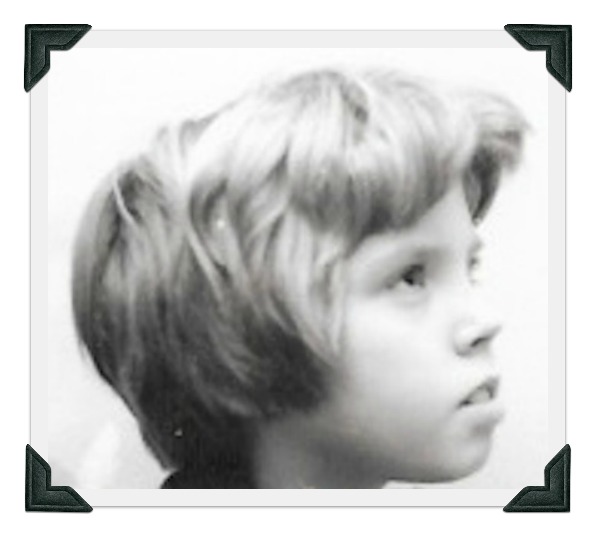“When you recognize that pain — and response to pain — is a universal thing, it helps explain so many things about others, just as it explains so much about yourself. It teaches you forbearance. It teaches you a moderation in your responses to other people’s behavior. It teaches you a sort of understanding. It essentially tells you what everybody needs. You know what everybody needs? You want to put it in a single word? Everybody needs to be understood. And out of that comes every form of love.” ~Sherwin B. Nuland, Lost in America
What happened?
I was about eight years old. We were at the lake with my four siblings and many cousins and their families. Though it was summer, I didn’t want to get into the cold water. My mom wanted me to swim. So, she grabbed me by the ankles and pulled me back and forth through the water. Choking and gasping, I lost my breath.
How do you feel about what happened?
I developed a deep fear of the water. My heart raced knowing I had a swim class. I felt embarrassed about insisting that I could not get in the pool and humiliated when I walked the laps on the pool deck that my friends swam.
I developed a fear of my mom, too. I had stomachaches from not voicing my feelings and hurts and an enmeshed-with-my-mom sense of self as I tried to please her as an attempt to control what I imagined she might do.
How did your experience affect you?
For years, I believed my mom tried to drown me. I believed I would never swim.
What is your part?
I never told my mother what I felt. (She passed on five years ago.) I stuffed my feelings and didn’t talk about this with anyone until later in life.
What did you learn?
I now know that my mom loved me and that she had her own unaddressed anxieties.
I now know that I can work with my beliefs, thoughts, feelings and the actions that result from them and make different choices.
I learned that not talking about what bothers me made my problem grow and affected my relationship with my mom.
I learned that fear about one event can transfer to other experiences, and even be projected or imagined as another’s problem when it’s really my own problem. For example, my unprocessed fears have this way of attaching to my children. And I didn’t want that to happen. (P.S. A yay for not passing THAT fear on. Both my children are state swimming champions.)
I experienced the stunning power of kindness: “Do you want to put on this life-preserver? I’ll hold your hand in the water.” This beautiful person who happens to be my sister patiently stayed next to me as I explored the water for months. Eventually, I floated away from her and my fear of water. I was about twelve years old. Today I am a good and mostly fearless swimmer.
What can you shift in your belief, thinking, words, or actions?
I’m awed with the possibilities in this question. Totally awed.
Because guess what? I shifted my perspective about how I see my mom and this experience. I began to enlarge the meaning of this experience and what it might be teaching me.
How do you choose to work with this difficulty?
Okay, I am not minimizing the act of pulling a child under water as I share my choices. Or that there are many other better ways to teach swim lessons.
Rather, I am unwilling to obsess about my mom, her problems, and why she acted like this. I am a mom. I admit to having “lost it” and unintentionally harming my children.
I choose to believe that my mother did not try to drown me. I better understand her.
I choose to believe that my mom gave me an invaluable lesson in resilience. I discovered that I am resilient in hardship. This bodes well for future problems.
I choose to focus on the helpful and positive experiences and things my mom gave me (too numerous to count).
I continue to create a relationship with my mom (even though she passed on).
How can you use what you learned from this difficulty?
Life is amazingly beautiful. And tough—we are born, suffer loss, disappointment, hardship. We age and die. (Just facts, folks.)
So, when a difficulty arises, I can recall this experience with my mom as a gift. Yes, a gift. My shift in perspective from this experience as a swim lesson to a lesson in resilience helps me in every difficulty. No matter how angry, scared, or confused I feel, I can feel and face my problem and experiment with my perspective. When I do, I know I’ll learn something.

